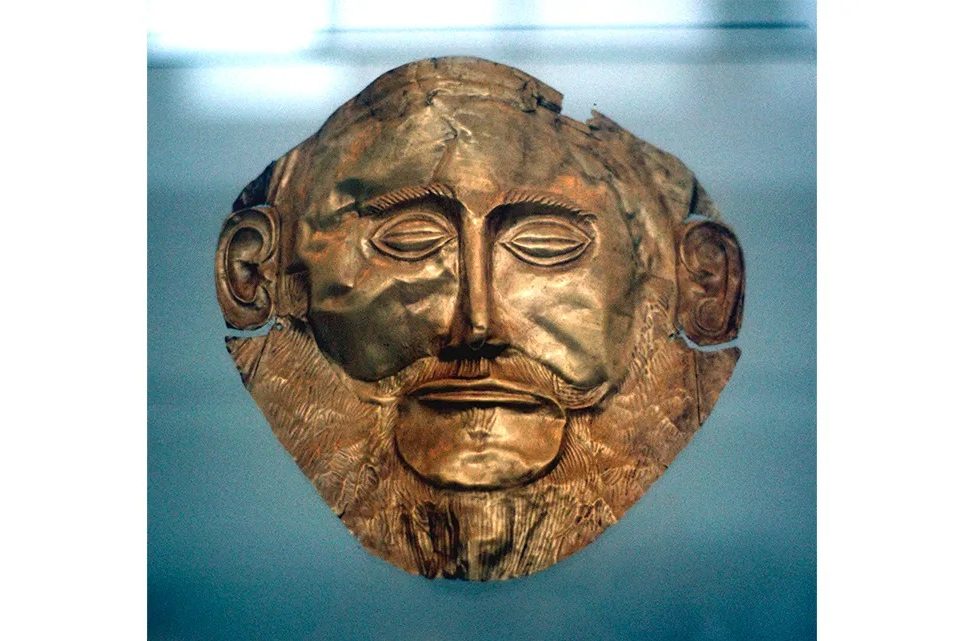Emily Wilson, the distinguished translator of Homer, has remarked that Pat Barker’s The Silence of the Girls about the Trojan War is a distinctly feminist book. Renowned for her first world war Regeneration trilogy, Barker has now written The Voyage Home, a powerful novel about the first part of Aeschylus’ Oresteia. She takes the infrastructure of legend and invests it with brutal realism. Agamemnon’s return home to Mycenae after ten years of war is told entirely from the points of view of women. The narrator is Ritsa, Cassandra’s maid, her intimate “catch-fart.” (There is no reticence throughout about the use of crude colloquialisms.)
Agamemnon the victor becomes the victim. Clytemnestra, disdainful and contemptuous, is his nemesis, and Cassandra, Priam’s daughter, given to him as a trophy by the army, becomes his second wife. She has the gift of prophecy but is cursed with the knowledge that no one will believe her. She foretells Agamemnon’s death as punishment for what he has done to Troy — “he pulverized it” — and knows that she will die simultaneously. She is damned: “You can’t cherry-pick a prophecy. It’s fulfilled in its entirety or not at all.”
Clytemnestra has vowed vengeance. The tyrant Agamemnon sacrificed their daughter Iphigenia for a fair wind to sail home. He allowed the boys of Troy to be thrown from the battlements. In Mycenae, many women revile him because they lost husbands and sons in his war. Contemporary tyrants should beware: wives and parents think the same in any age. Agamemnon has returned a physical wreck. Ritsa reflects on Greek attitudes to male nudity compared with the more reserved view of the Trojans: “Looking at Agamemnon’s balls, I thought our attitude had much to recommend it.” He is stabbed to death.
Barker sometimes switches from past to present tense. The trick gives urgency and immediacy to her dramatic narrative. Her imagery is resourceful and always an emphatic embellishment. The stench of decay below deck is “like rotting lilies left in a vase;” the frail Electra’s ribs “stood out like strings of a lyre.”
At the end of this provocative, inspiring novel, Clytemnestra awaits the Furies — “they never back off.” And resentful Orestes, held back from the war by his caring mother — “a mother’s place is always in the wrong” — awaits his fate. Agamemnon has proved that “men begin and end their lives as helpless lumps of flesh in the hands of women.”

























